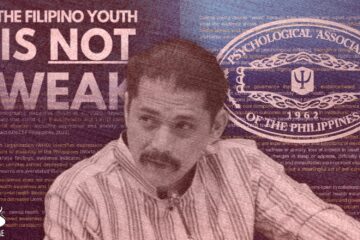
A PROFESSOR shed light on Korea’s culture and history to Asian Studies scholars and educators, veering away from the perspective set by popular Korean dramas and music.
Prof. Lim Sang Woo, Ph.D. of Sogang University in Seoul, South Korea said the country flourished because of its historical phenomenon and foreign influences.
“Korea is [kind of] a breach between continental and maritime powers. We have this so-called ‘Korean adaptability.’ We were able to adapt foreign cultures as long as it is significant to our development but we never forget our origin,” Lim said.
He also said South Korea continues to be one of the top countries in the world despite the economic crisis and conflicts and nuclear threats of North Korea because the western influences did not separate them from their traditional Korean ways but rather helped them to progress.
Echoing Lim, Assoc. Prof. Lino N. Baron Ph.D. of the Department of Interdisciplinary Studies said the country stands out as a model of success for its “sheer efficiency and rapidness of its development from a war-torn nation into a first world state.”
“They never forget their past because the older generation constantly reminds them of the old ideas that made Korea great,” Baron added.
Furthermore, Lim said the People Power Revolution or EDSA I inspired Koreans to fight during the Korean upheaval in 1987, noting that Koreans and Filipinos would not have attained democracy if it were not for the dictators that challenged both countries.
The lecture dubbed “A Cultural and Historical Understanding of Korea” was part of the Ateneo Initiative for Korean Studies (AIKS) Korea 101 Lab series conducted by experts in Korean Studies and Philippines-Korea relations as a response to the growing Korean population in our country and constant increase of exchanges between Filipinos and Koreans.
Spearheaded by the UST Asian Studies Society, Annyeong Tomasino and AIKS, the event was held last Feb. 27. F – KRYSTAL GAYLE R. DIGAY



